curated by Yorgos Kostianis
They say that the history of the world is, almost exclusively, forged by failed projects and hopes betrayed – hence the seventh, being the art that follows it more closely, could not help but follow suit.
Oftentimes, the most celebrated directors tend to become synonymous with their magnum opus. Remarkable filmographies, however, much like omelettes, cannot be made without cracking a few proverbial eggs.
On this Greenhouse Cinema meeting we will take a look at how David Lynch faired, when he decided to take Dune, the epic sci-fi saga, out of the frying pan and into the fire.
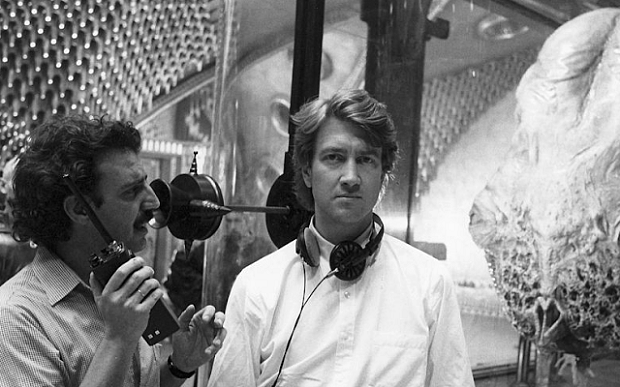
In order to better comprehend what a mammoth task it is to adapt Dune for the big screen, one has to overview its chronicle of failures.
It was about 50 years ago when the American sci-fi novelist, Frank Herbert, published the first volume of what was destined to become the veritable bible of sci-fi aficionados around the globe.
Dune is an homeric space opera with a lore so deep that spans across numerous planets, each with its own culture and customs. The saga grapples with themes of evolution, ethology, the posterity of the human race, and above all the entwinement of organised religion, spirituality and power.
The series of novels follows the long history of warring noble houses, all seeking to gain control over the arid, sand-splattered planet of Arrakis, aka Dune. On the surface of said planet, the most coveted substance in the universe can be found: a consciousness-expanding drug and space-folding fuel known as LSD Melange, which is the key to the destiny of the Empire.
This modern masterpiece of philosophy, mythology and ecology has been a deep well of sci-fi inspiration from which countless hallmark names from Steve Jobs to Stephen Spielberg and George Lucas to George R.R. Martin unashamedly drew water.
However, it soon became evident drawing inspiration from the saga and attempting to translate it into a cinematic language were two very different kettle of fish.
The first one to undertake such a gargantuan effort was Alejandro Jodorowsky.
When Jodorowsky first laid eyes on the novel, in 1973, he was mesmerised by the visionary futurism of Herbert’s work. Hence, being then at the height of his career, he reeled in a tremendous amount of talent around all aspects of the project (Pink Floyd, Mick Jagger, Tangerine Dream, Salvador Dalí, Moebius). Hollywood, on the other hand, was unimpressed by his megalomaniacal trance and endeavour and pulled its support of the project, sentencing it to an eternal limbo of suspension, incompletion and cult worship.
A decade later, the torch was passed on to no other but David Lynch by the Italian producer Dino De Laurentiis.
According to Lynch, De Laurentiis chose him because, somehow in his mind, he drew a parallel between the nightmarish visions of the Elephant Man and Dune’s bleak mythology. Ironically, the three years of shooting that ensued were meant to be Lynch’s very own personal nightmare.
Due to massive production cuts, the film ended up being a colossal flop and a massive let down for both the critics and the audience.
Nevertheless, Lynch never found it in him to repudiate his forlorn sci-fi brainchild, considering it to this day, with the gift of hindsight, a tremendous learning experience that consolidated his career.
There are always lessons in failures. Lessons that we hope that will be heeded by Dune’s latest suitor, Denis Villeneuve whose vision is taking shape more and more with each day, attracting Hollywood a-listers (Timothée Chalamet, Javier Bardem, Josh Brolin, Charlotte Rampling, Stellan Skarsgard) to it like moths to a flame.
So come and join us tonight in our greenhouse, to heed the lessons of past failures once more and to examine how they might light the way towards the successes of the future.
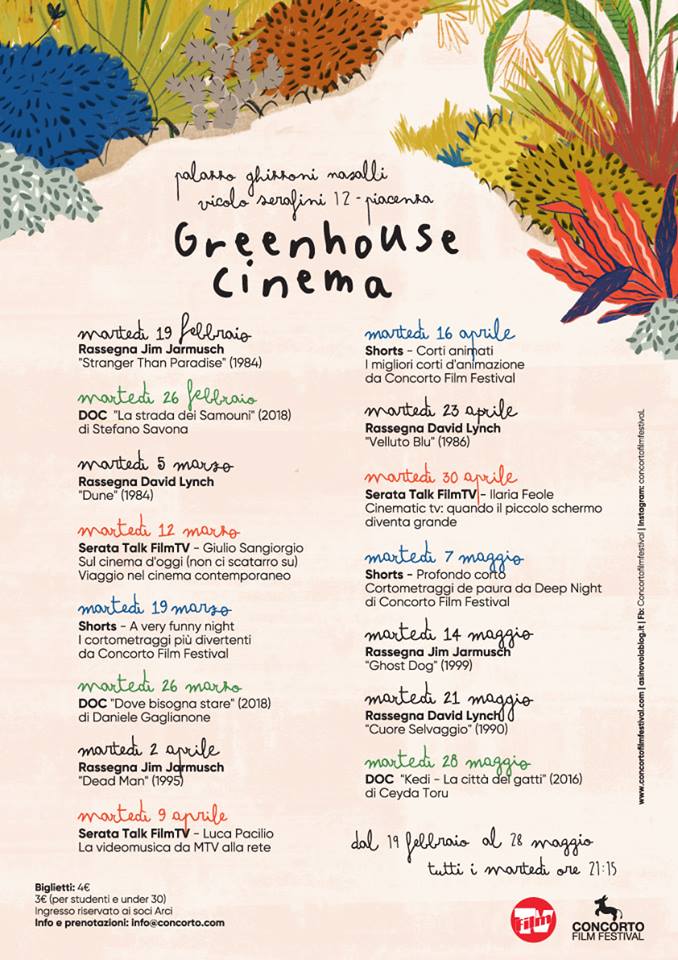

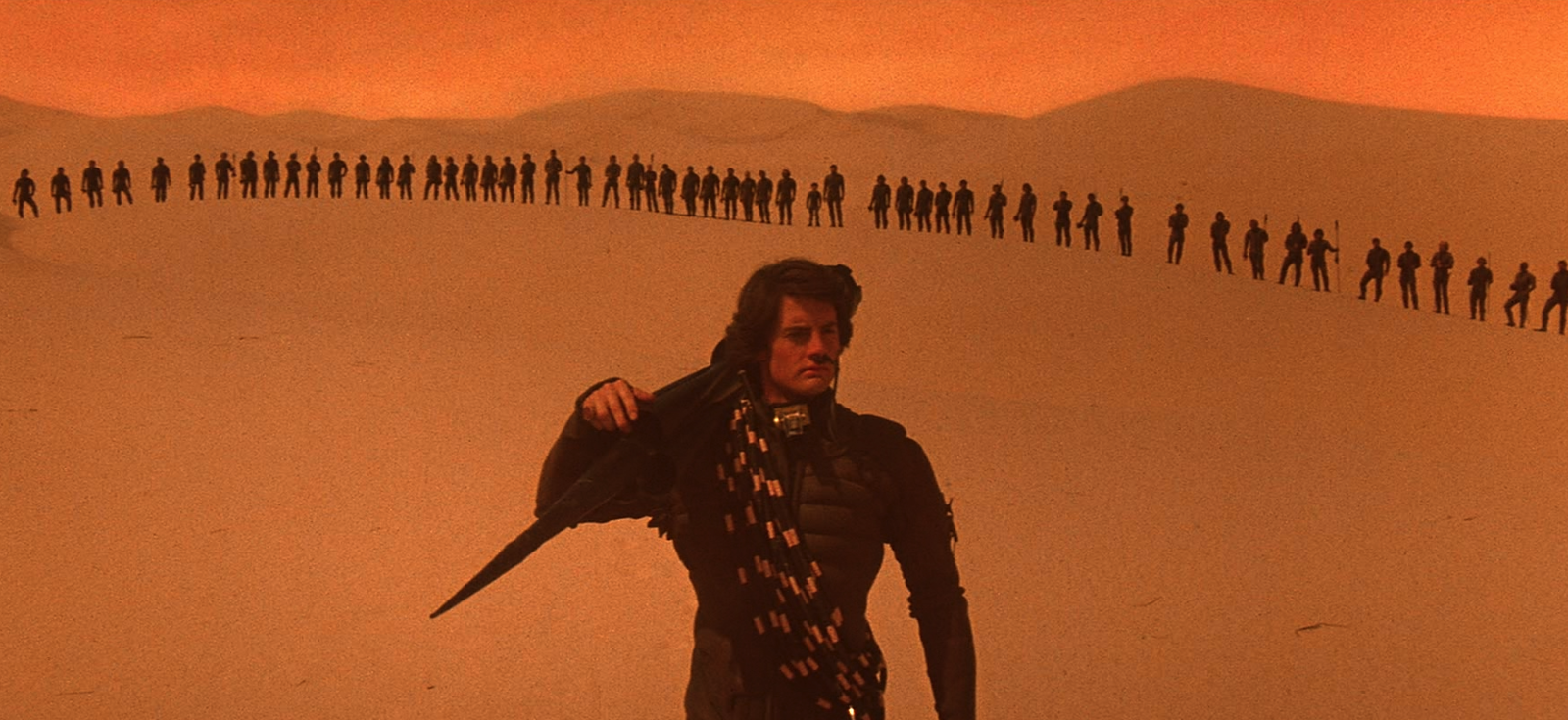
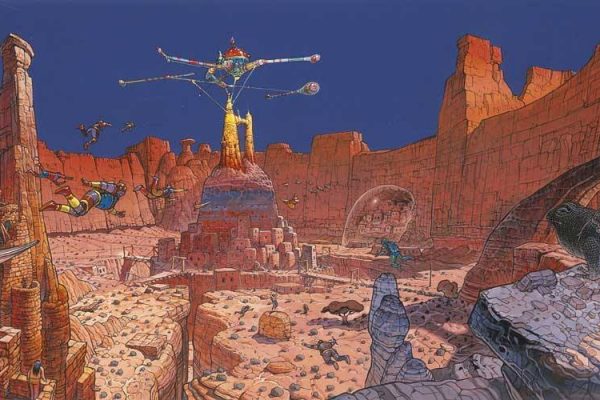

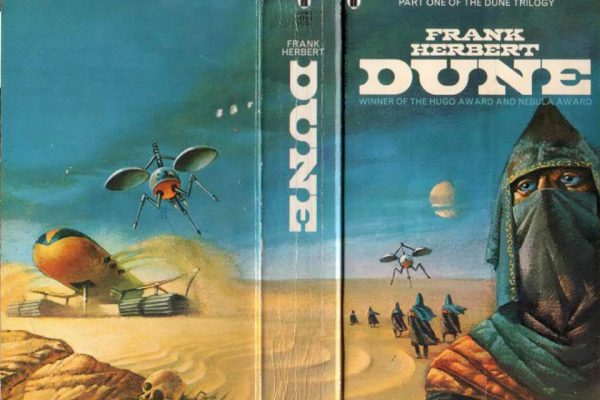
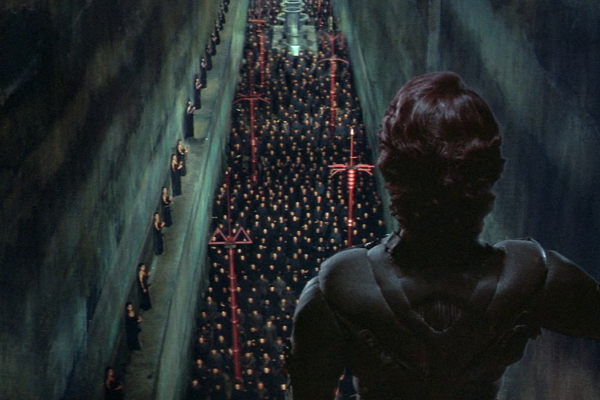






Commenti recenti